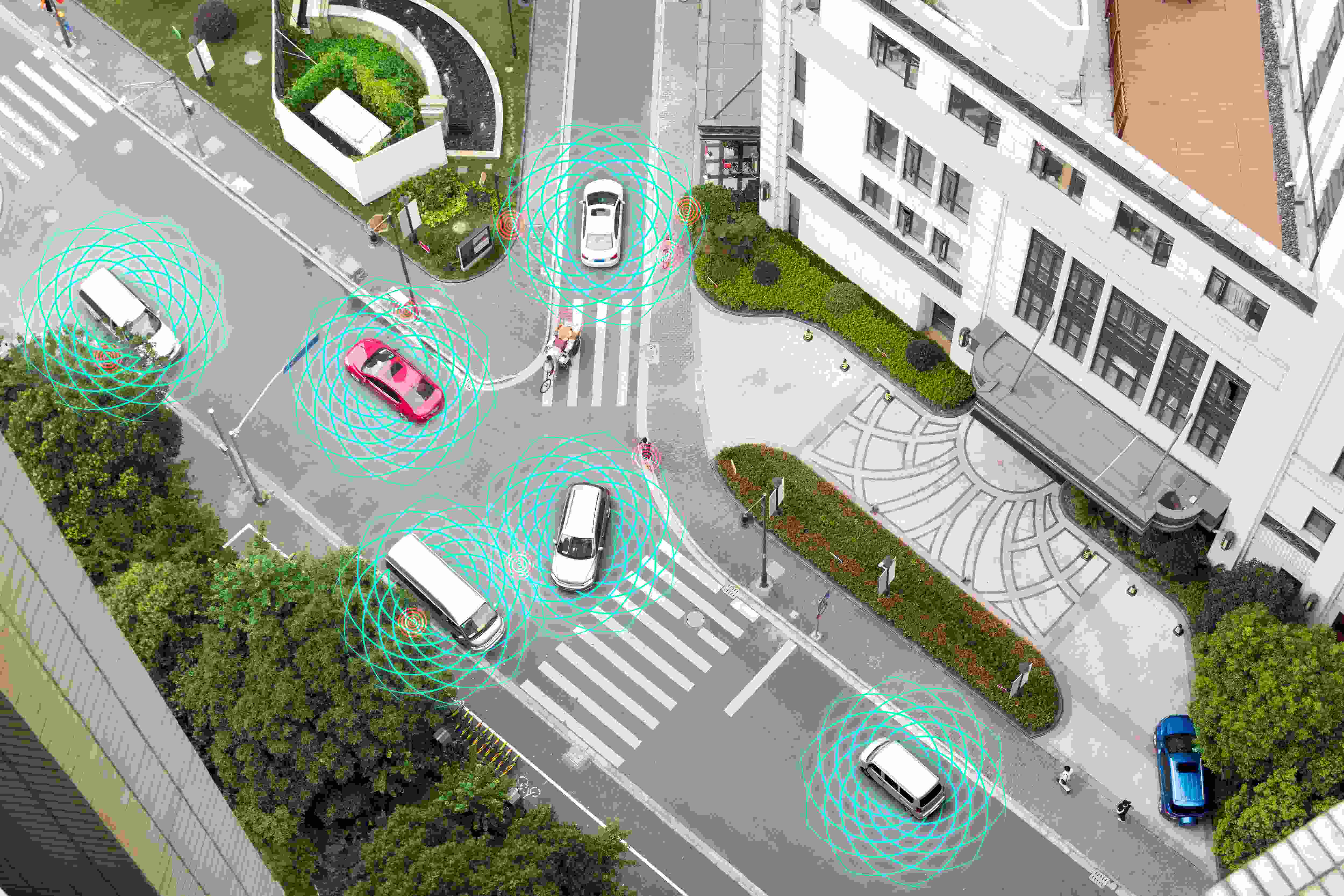Sustainable mobility strategies
Accelerating transport in a low-carbon economy
SFA (Oxford) has advised mobility companies with their strategies, providing global or local industry context, benchmarking competitors, creating industry scenarios and identifying new opportunities. Our success is uniquely tied to clean automotive mobility. SFA has a multi-disciplined team that has been analysing and forecasting the infiltration of emission-cutting and fuel-efficiency technologies in automobiles for over 20 years. In that time SFA has become the leading research company and go-to experts in this space, working for car manufacturers, OEM suppliers, investors and raw material suppliers. Our expertise has been used in platinum-group metals, lithium, cobalt and rare earths market analysis, electric vehicle and fuel cell technology reports, and multi-billion dollar investment appraisals.
The drivers for mobility change
Do you need to know about the current state of play regarding sustainable mobility and transport solutions worldwide? Do you have a vested interest in the technological developments of self-driving cars or the competitor landscape and supply chain of autonomous vehicles?
Let SFA undertake your strategic assessment for you, removing the ‘noise’ and diversely opinionated automobility sector forecasts clouding your company judgements. The last few years have seen unprecedented changes in the automotive industry and, indeed, that may well be far too narrow a term now. Instead of simply debating whether cars are gasoline or diesel, small or large, now we’re talking about where battery electrics fit into the mix, whether to own a car or whether to rely on a sharing service or to use a ride-hailing service. In a bid to clean up our increasingly congested cities, we need to know what proportion of personal mobility fits into the transport mix of tomorrow.
This reassessment of our relationship with transport means reassessing our relationship with energy – how we use it, where it comes from – and with our built environment – our roads, infrastructure and the companies and governments that will dictate mobility solutions. With such a complex and arduous journey to undertake, you will need all the available navigational assistance – the map, the compass, the sat nav – to ensure you’re not left stranded on the side of the road.
The SFA team has extensive experience researching global megatrends and technologies influencing the future of cities and mobility services diving deep into global population growth, urbanisation, air quality and decarbonisation, and evaluating the range of connected mobility options that may or may not involve personal transportation as well as the challenges facing personal mobility and future transport scenarios. SFA's mobility research is holistic covering regional themes for a concise global picture:
-
Enforcing air quality targets, decarbonisation and easing urban congestion
-
Mobility on demand: The rise of disruptive technologies and services
-
Car ownership: Risks and opportunities in tomorrow’s smart cities

Enforcing air quality targets, decarbonisation and easing urban congestion
-
How are cities and governments dealing with congestion? What are the urbanisation trends around the globe? What are the limits to personal car ownership in different regions and cities?
-
How can a balance be reached between clean air and people’s need for mobility? How committed are governments to tackling air quality and what can we expect in future? What fraction of pollution comes from cars? Are cars a scapegoat? How do the medium-term targets for CO2 emissions vary by country? What are the emissions timelines by country and are they being enforced?

Mobility on demand: The rise of disruptive technologies and services
-
How do changes in population (age, density etc.) and income affect the future of mobility? Does increasing urbanisation imply restrictions to car use and necessitate mass transit solutions? Is the drive towards zero emission vehicles a realistic possibility?
-
Are autonomous driving cars a logical answer to crowded roads? Will the development and growth of car-sharing and autonomous vehicles become closely linked in the future? How close are we to high-level autonomous vehicle availability, and what are the barriers to acceptance and adoption? What are the legal hurdles to the use of autonomous vehicles on public roads?
-
In what ways does current infrastructure need to evolve to accommodate future mobility solutions? What are the costs and environmental benefits associated with alternative mobility offerings?

Car ownership: Risks and opportunities in tomorrow’s smart cities
-
How can governments affect consumer preferences and what are the risks to car ownership in the future? Are there gaps for growth in car ownership and, if so, where and why?
-
What are the scenarios and probabilities that will drive change? How will people and goods be moved around cities in the future? Where do mass transit systems fit in? What does the increasing political influence of cities mean for tomorrow’s transport solutions?
For detailed answers on any of these themes for your mobility strategy please get in touch with us.

Let us help you with your sustainable transport strategies
Contact one of our team for more details.

Henk de Hoop
Chief Executive Officer

Dr Jenny Watts
Head of Clean Energy & Sustainability

Kimberly Berman
Energy Transition Technology and Metals Specialist

Adele Rouleau
ESG and Critical Minerals Lead

Dr Fahad Aljahdali
General Manager, KSA

Lakshya Gupta
Senior Market Analyst: Battery Materials and Technologies

Rj Coetzee
Senior Market Analyst: Battery Materials and Technologies

Alexandre Toufic Zard
Analyst

Linxiao Zhu
Senior Energy Transition Consultant
Other ESG consulting solutions
Explore other sustainability services for green investors.

How can we help you?
SFA (Oxford) provides bespoke, independent intelligence on the strategic metal markets, specifically tailored to your needs. To find out more about what we can offer you, please contact us.
















